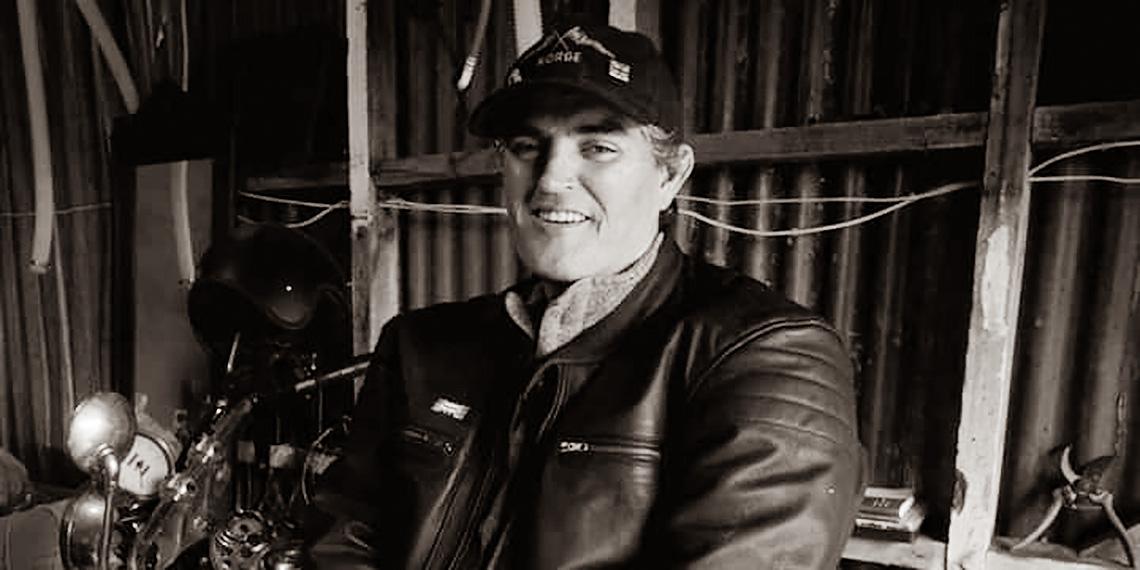You are here
Pieces falling into place

Discovering that he was adopted shattered Peter Johnson, but despite a lifelong battle with addiction and health, he found his true identity in Christ.
I was in and out of foster homes for most of my teenage life. It wasn’t a good experience; there was a lot of abuse. At 16, I discovered I had been adopted by the family that had given me up when I was 11. It was like having my legs chopped off. I felt like I’d lost my identity. I developed an addiction to opiates and from age 16 to 25, I don’t think I had a day straight.
On my third day at my first rehab, I realised I had a drug problem. One of the steps of the 12-Steps Programme talks about God, so I went to see the local pastor. If I was going to have a God, I wanted it to be the God. The pastor started speaking about Jesus, and I said, ‘I don’t want to hear about that crap, I want to hear about God’, and left. But I felt this stirring to go back and be open-minded. Then, it all jig-sawed into place. I understood that I had a purpose. I was a child of God; the cross, Christ dying for my sins, it all made perfect sense.
I finished rehab, got educated and got married and stopped going to my Narcotics Anonymous [NA] meetings, thinking I was doing okay. I’d never had a problem with drinking—only an occasional beer or wine—but as the pressure increased at work, I drank more and more. I ended up finishing the Bridge programme, which got me out of alcohol, but I still wasn’t clean.
I found my birth mother in Christchurch, met my family and bought a home. But my drug problem increased. My mother was highly embarrassed, and she left town because of me. That broke my heart. I used my medical conditions as an excuse to get more drugs from the doctors. My wife tried and tried to help, but I was getting wasted all the time. She rang a Christian friend of mine in New Plymouth, who sent me some airline tickets. I went in order to get my life together, but my refusal to go back to church and NA meetings kept me sick and my relationship with my wife progressively got worse. Even though I still believed in God, I had no vision for my future, and I tried to take my life.
My whole life I’ve been trying to work out who I am, and it wasn’t until I came back to God that I realised he’s my identity.
Someone in the mental health ward asked me: ‘When did you feel your best?’ I admitted it was when I was going to NA and living a healthy Christian life. I got very lost, but three and a half years ago, the Bridge programme in New Plymouth was there for me. All the lights switched back on. My wife separated from me, but I got involved with Recovery Church, went to NA meetings and found myself going back to God. There’s still aftercare to this day: I go to a weekly group called Stage Three, I help newcomers come through rehab and I am involved in Recovery Church leadership. Helping others is part of how I stay clean.
I’ve got encephalopathy, where the liver’s not treating all of my blood, so it goes directly to my brain. Thirty years ago, they gave me ten years to live. Three years ago, they gave me a month. God has miraculously turned my health around and my emotional well-being is improving. I’ve experienced spiritual, physical and emotional miracles. There is a real family atmosphere at the New Plymouth Corps; it’s like I’ve come home. My whole life I’ve been trying to work out who I am, and it wasn’t until I came back to God that I realised he’s my identity.